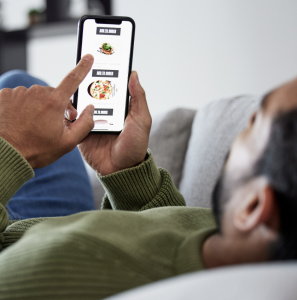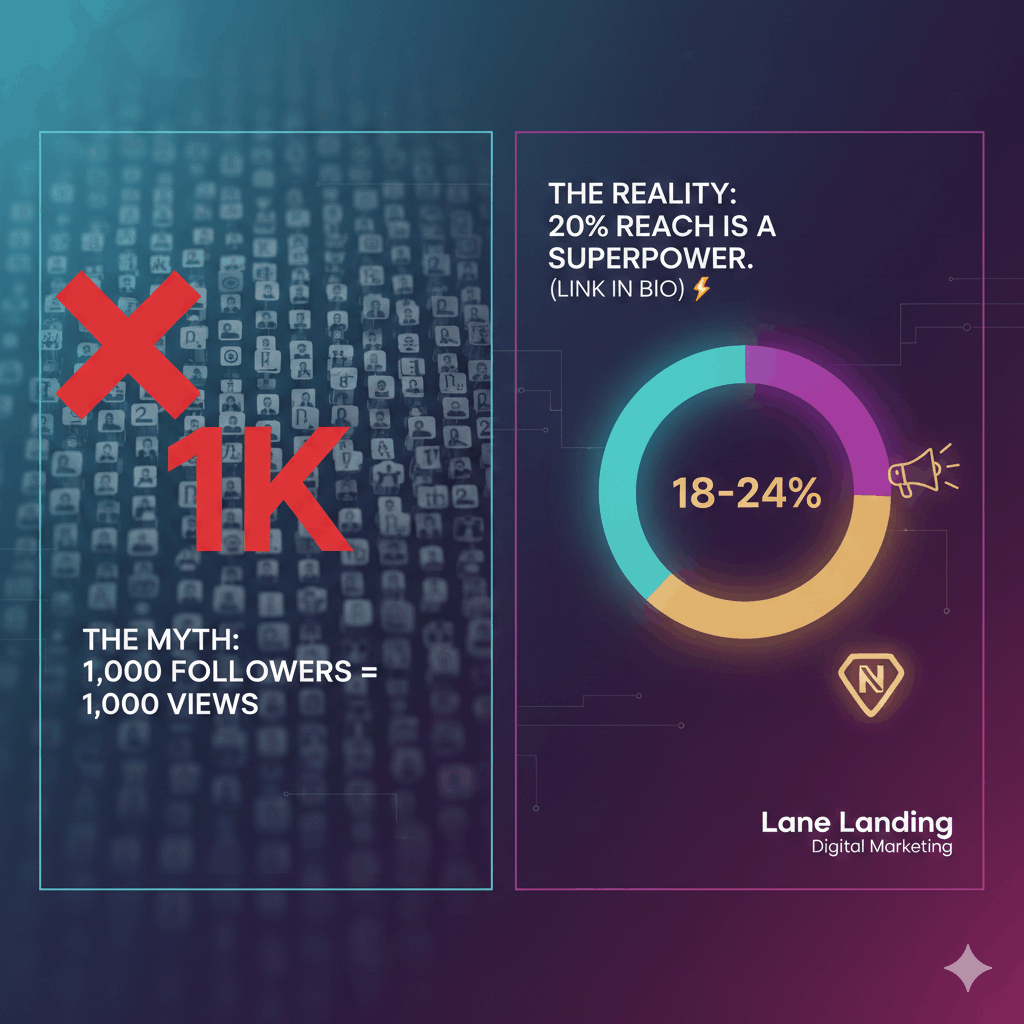Ever notice how you’ll casually mention wanting new running shoes, and suddenly your Instagram feed is flooded with sneaker ads? Or maybe you’re chatting with a friend about planning a trip to Japan, and later that day, you’re hit with promotions for flights and Airbnbs. It’s creepy, right? Almost like your phone is eavesdropping on your conversations. But is that really happening?
The Conspiracy: Are Our Phones Always Listening?
Let’s face it, the idea that our smartphones are constantly listening to us has crossed everyone’s mind. After all, with voice assistants like Siri and Google Assistant always “on,” it’s easy to assume that our devices are gathering intel on us 24/7. But the truth might surprise you.
According to tech companies, your phone isn’t secretly recording everything you say. Apple, Google, and Facebook have all stated that their apps don’t actively listen to conversations unless you specifically use a voice-activated feature. So why does it feel like they’re listening?

The Real Magic Behind Targeted Ads
The reality is, targeted ads are a lot smarter than we give them credit for, and they don’t need to listen to your conversations to know what you’re into. Instead, they rely on your online activity, social media behavior, and even your location data to build an incredibly detailed profile of you. Every website you visit, every “like” you give, and every search you make gets stored as data points. Over time, these platforms know so much about your habits that they can predict what you might be interested in—sometimes before you even know it yourself.
It’s not just what you do on your phone either. Even things like loyalty cards, browsing habits on your laptop, and data from third-party apps can help these companies deliver ultra-relevant ads. Ever used a discount code at a store and then started seeing ads related to it? That’s why. It’s all part of the interconnected web of data.
Why Does it Seem So Coincidental?
Here’s the kicker: even though your phone isn’t secretly spying on you, your brain might be tricking you into thinking it is. This phenomenon is called “confirmation bias.” When you talk about something and then notice an ad related to it, your mind creates a connection that makes it seem like a huge coincidence. In reality, you’re seeing ads for things you’ve been interested in all along—but after the conversation, you just start noticing them more.
For example, let’s say you talk about buying a new car. You probably already searched for car-related stuff before that conversation, which triggers car ads. You just didn’t make the connection until after it came up in conversation.
So, What Can You Do About It?
Even though your phone isn’t eavesdropping, you still have some control over what ads you see. Here are a few tips to limit targeted ads:
- Check Your Privacy Settings: On social media platforms like Facebook or Instagram, you can manage your ad preferences and limit data collection. You can even reset your ad ID on your phone to clear your profile for targeted ads.
- Limit Permissions for Apps: Some apps ask for access to your microphone or location when they don’t really need it. Make sure to only grant permissions that are necessary for the app to function properly.
- Use Privacy-Focused Browsers or Extensions: Tools like DuckDuckGo or extensions like Privacy Badger can help block trackers and keep your online activity more private.
- Turn Off Ad Personalization: Google and Apple both allow you to turn off ad personalization in their settings. You’ll still see ads, but they won’t be based on your interests or past activity.
The Verdict?
Your phone isn’t secretly listening to everything you say—but digital ads are still incredibly powerful at knowing what you want. With so much data being collected from the things you do online, advertisers don’t need to hear your voice to serve you relevant ads. It’s all part of living in the digital age, where data is the real MVP, and your phone’s listening skills aren’t quite as sinister as they seem.
So, while you can relax about your phone spying on you, it’s probably a good idea to keep an eye on what data you’re sharing. Because even though Big Brother isn’t eavesdropping, the algorithms sure know a lot more about you than you might think.




